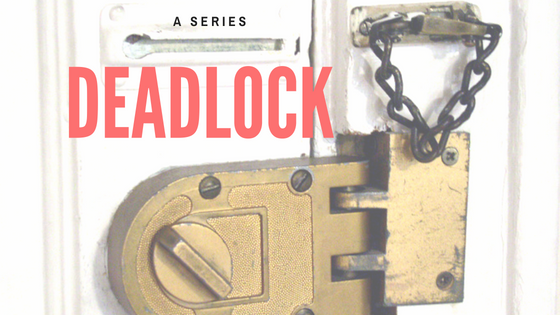-
Owners of a closely held business, be it a corporation, limited liability company or partnership, may enter into contracts that are triggered when the principals have become deadlocked.
-
Anti-deadlock provisions may provide for the appointment of an independent director, for alternative dispute resolution, or for the compelled sale of an equity interest.
-
The owner of a business that invokes the terms of an anti-deadlock provision, particularly when the sale of interest is involved, is likely to be subject to duties of loyalty and care.
After a closely held business becomes deadlocked, it is extremely difficult to push the parties toward some mechanism that might either break the deadlock or preserve the current management system, or event let the parties separate themselves on mutually agreeable terms.
A Series Examining Deadlock Among the Owners of Closely Held Corporations, Limited Liability Companies and Partnerships
Human nature stands in the way. The parties likely have financial and emotional positions that they are unwilling to compromise. These may range from the ability to control some aspect of the operations of the business to the payment of dividends or bonuses.

Lawyers and their clients try to address the potential for future deadlock with these contractual provisions that are known by a number of descriptions, such as buy-sell agreements, shotgun
provisions, put-call terms. In the world of closely held limited liability companies, corporations and partnerships, a buy-sell agreement that is triggered by a deadlock is the pre-nuptial agreement of business divorce.
In this and the following post, we examine these contractual provisions that are used to break deadlocks. We consider first the scope of anti-deadlock provisions, when they may be invoked and whether they are subject to judicial controls. In a following post, we will look at buy-sell agreements in more detail and, in particular, shotgun language that is intended to keep a forced sale on terms acceptable to both parties. Continue reading
 The Business Divorce Law Report
The Business Divorce Law Report





 No one gets married expecting to get divorced. And no one forms a business expecting that it will fall apart. Just as people get divorced, many businesses come to the point at which a business divorce is the best alternative because the partners cannot, or will not, continue to work together. When that happens, the parties need to restructure, and often separate, their business interests.
No one gets married expecting to get divorced. And no one forms a business expecting that it will fall apart. Just as people get divorced, many businesses come to the point at which a business divorce is the best alternative because the partners cannot, or will not, continue to work together. When that happens, the parties need to restructure, and often separate, their business interests. The dismissal of a judicial dissolution claim brought by an LLC member seeking to dissolve the family business demonstrates the difficulty that an oppressed minority LLC member faces under New York law.
The dismissal of a judicial dissolution claim brought by an LLC member seeking to dissolve the family business demonstrates the difficulty that an oppressed minority LLC member faces under New York law.

